For family caregivers, obtaining power of attorney can be an important step
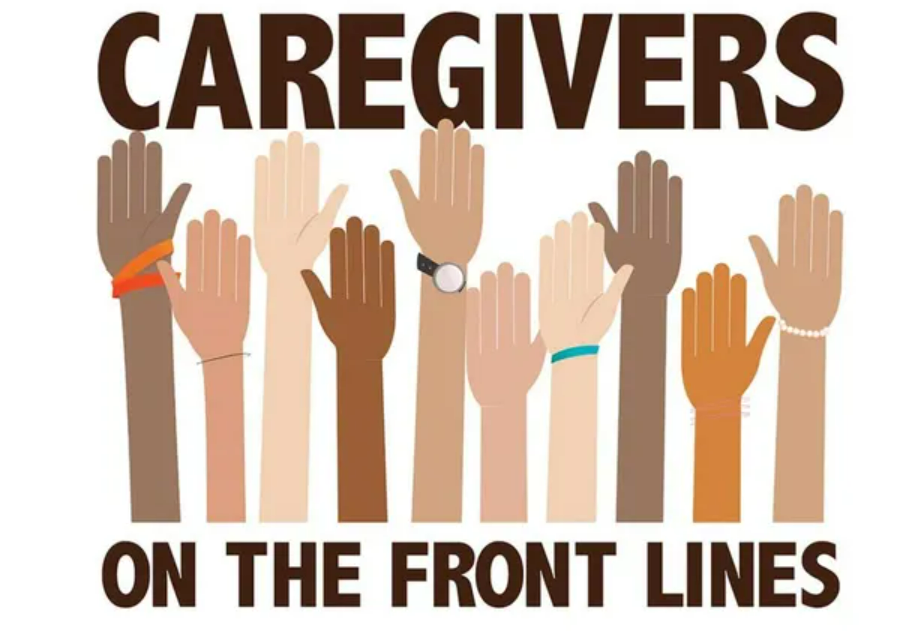
This story was produced through the New York & Michigan Solutions Journalism Collaborative, a partnership of news organizations and universities dedicated to rigorous and compelling reporting about successful responses to social problems. The group is supported by the Solutions Journalism Network. The collaborative’s first series, Invisible Army: Caregivers on the Front Lines, focuses on potential solutions to challenges facing caregivers of older adults.
In 2021, a set of siblings was trying to figure out the best course of action to take care of their mother.
“Our older brother, Gary, had been taking care of our mom in Brighton, but he was no longer able to care for her basic needs or live in her home with her,” said Michael Lisman, the second oldest sibling.
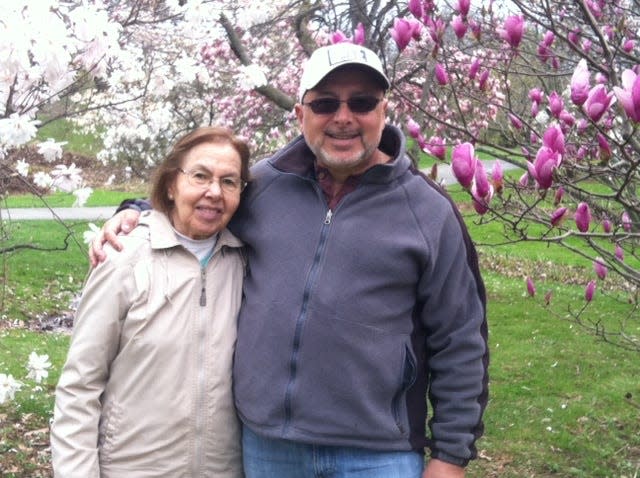
Their youngest sister, Deborah Lisman, had been working to find a solution for their mom's living and care due to her being at risk of injury from falls.
Their mother, Leila Lisman, was then moved into an assisted living facility. Even then, the siblings realized they needed more help such as figuring out their mom’s health insurance and finances and getting her house cleared out and ready for sale.
This is when the conversation of assigning a Power of Attorney (POA) came about. It is a conversation many family caregivers wind up having.
How can you obtain a Power of Attorney?
Through its Senior Legal Services Project, Legal Assistance of Western New York (LawNY) has been serving the Monroe County senior citizen community since 1991. This program provides senior citizens legal advice, counsel and representation on a variety of civil legal issues through state Office for the Aging contracts with many Western New York counties.
Under the Senior Legal Services Project, LawNY attorneys help seniors assign a power of attorney. A POA is a written authorization to represent or act on another's behalf in private affairs, business, or some other legal matter.
In 2018, LawNY partnered with Lifespan of Greater Rochester to sponsor a monthly POA Day, when they provide up to two attorneys to meet with senior citizens to create POAs.
The POA service includes an eligibility screening for potential clients based on their income, financial resources, citizenship and legal capacity to understand what a power of attorney is and does. When eligibility is determined eligible, LawNY attorneys schedule appointments at Lifespan for the senior citizens who requested POAs.
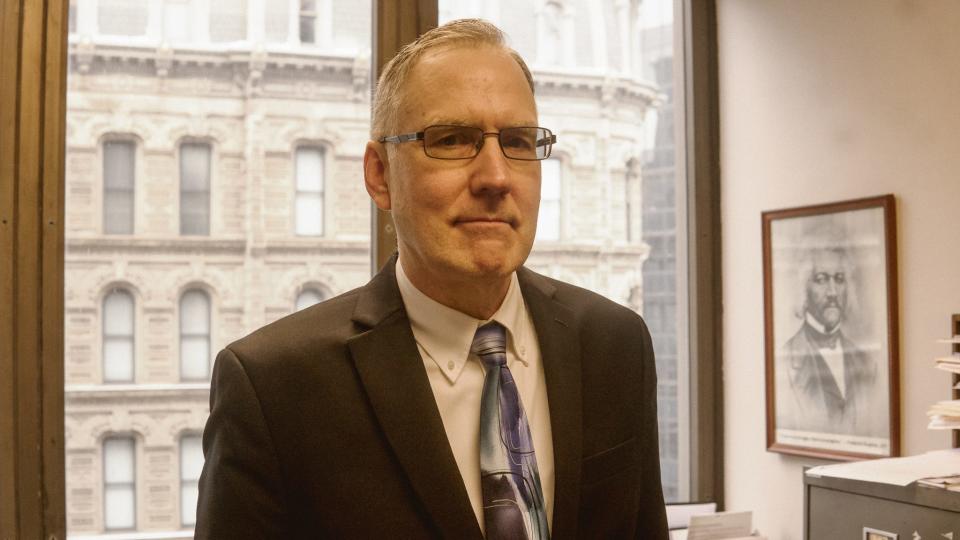
Jeffery Nieznanski, supervising attorney at LawNY, explained that LawNY staff contact and advise the POA Day clients the same as any other POA case and that the only change is the location of the final appointment.
The people behind the program have identified transportation as a limiting factor for senior citizens and family caregivers seeking power of attorney.
“One of the challenges seniors often face is transportation and navigation to busy city centers," Nieznanski said. "To reduce this barrier, we work with Lifespan of Greater Rochester to do the final steps of signing the power of attorney document from their location on South Clinton Avenue.”
How many people have been served by the POA Day program?
During the COVID-19 pandemic, it was difficult for caregivers or others to complete POAs. Meetings in person were suspended, and remote notarization was needed. Due to this, in 2020 and 2021 LawNY was unable to offer POA Day.
After the pandemic began to subside, POA Day resumed in 2022, serving 30 people. And in 2023, 40 people were served. The program generally has 4-8 appointments per month, varying each month.
The program continues to schedule participants for 2024. If you are a caregiver and interested, call LawNY at 585-325-2520.
POA Day did the trick for the Lisman family.
“Lifespan representatives were extremely helpful in providing direct counseling as well as providing all the resources that we needed to follow through with each of the steps to complete each task," Michael Lisman said.
The program provided a lot of reassurance and support that made the overall process much less stressful than it would have been otherwise, he said.
What should you consider before getting a POA?
Lifespan officials offer advice on what to know as a family caregiver seeking power of attorney.
As a caregiver, you need to be knowledgeable on all aspects of POA before signing since you will be making all non-medical decisions. To provide paramount care, the assigned caregiver should not be learning the job along with their loved one. The assigned caregiver should have experience dealing with older adults, their respective concerns and with third parties.
As the loved one, you should have your POA in place before it is needed. And a caregiver must make themselves knowledgeable about how power of attorney works.
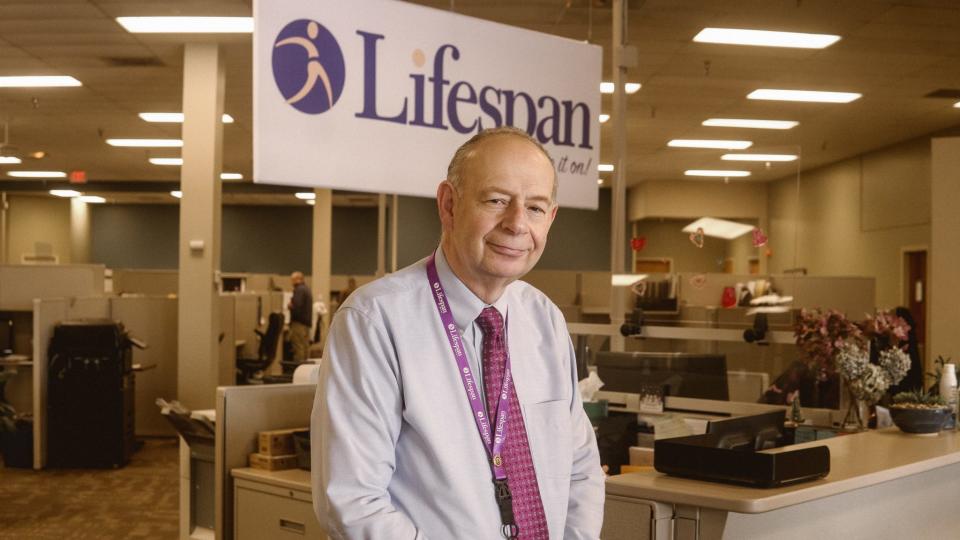
“Initiating the POA conversation is determined by the situation," said Gabriel Geiger, coordinator of engagement and outreach/financial services at Lifespan.
"Generally, a caregiver is uniquely aware of the changes that the loved one has been experiencing and is in a good position to bring up the topic," Geiger said. "However, if the caregiver is not comfortable doing so, they can contact Lifespan and our staff will discuss with the loved one with or without the caregiver being in attendance. We have had loved ones contact Lifespan directly to name Lifespan as POA.”
That is what wound up happening in the Lisman family's case.
What roles change when a POA is granted?
“The beauty of the POA is that once it is executed/granted, you can just put in your files, and nothing has to change immediately. If an event occurs down the road, the POA can then act in that capacity,” Geiger said.
Once the POA is in use, the responsibility of the caregiver shifts significantly. They would then be providing both personal and medical needs of their loved-one, such as day-to-day financial matters, taxes, mail, obtaining benefits, home maintenance and issues related to the loved one's vehicle.
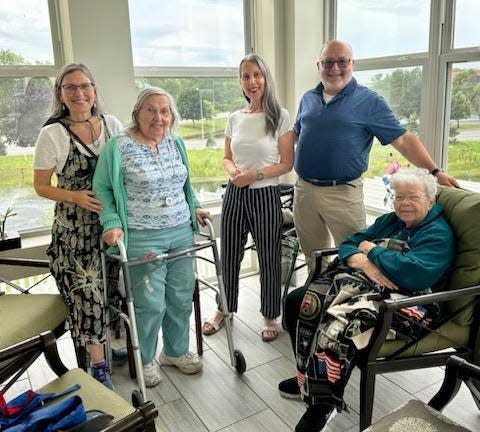
The responsibility of the loved one changes significantly as well. As their level of stress might reduce, they can focus on their well-being, activities and family.
In Michael Lisman’s family, his sister Leila became the primary health advocate for their mother with himself as the secondary advocate. He has taken up the responsibility of tracking any of his mother’s financial issues.
"We have been able to move our mom closer to my sister; so we can have more regular contact and oversight on the services she is receiving at the assisted living facility," Michael Lisman said.
As for power of attorney, that lies now in the hands of Lifespan.
“Even though we stayed quite involved as caring siblings, Lifespan assisted us in finding mom the best medical insurance (and) transitioning the management of finances and payment of bills to Lifespan as the power of attorney," Michael Lisman said.
"Lifespan assisted us in finding resources to help prepare mom's house for sale and eventual sale of the house as well," he said. "These were all monumental tasks that we might have been able to figure out on our own but would have been a lot more stressful and time consuming.”
This article originally appeared on Rochester Democrat and Chronicle: Power of attorney for caregivers: Rochester groups provide assistance

